Dhaka, the capital of Bangladesh, has been ranked as the fourth most polluted city in the world, according to the Air Quality Index (AQI) on Saturday, February 25th, 2024. The AQI, which measures the concentration of fine particulate matter (PM2.5) in the air, was 164 at 8:02 am, indicating unhealthy air quality for the residents.
The World Health Organization (WHO) recommends that the PM2.5 level should not exceed 10 g/m, but Dhaka’s level was 16.2 times higher than that. The air quality in Dhaka has been a chronic issue, especially during the winter months, when the cold air traps the pollutants and creates a thick layer of smog.
Other cities that had worse air quality than Dhaka were Delhi of India (AQI 228), Karachi of Pakistan (AQI 170), and Kolkata of India (AQI 167). These cities are also densely populated and face similar challenges of traffic congestion, industrial emissions, and burning of biomass.
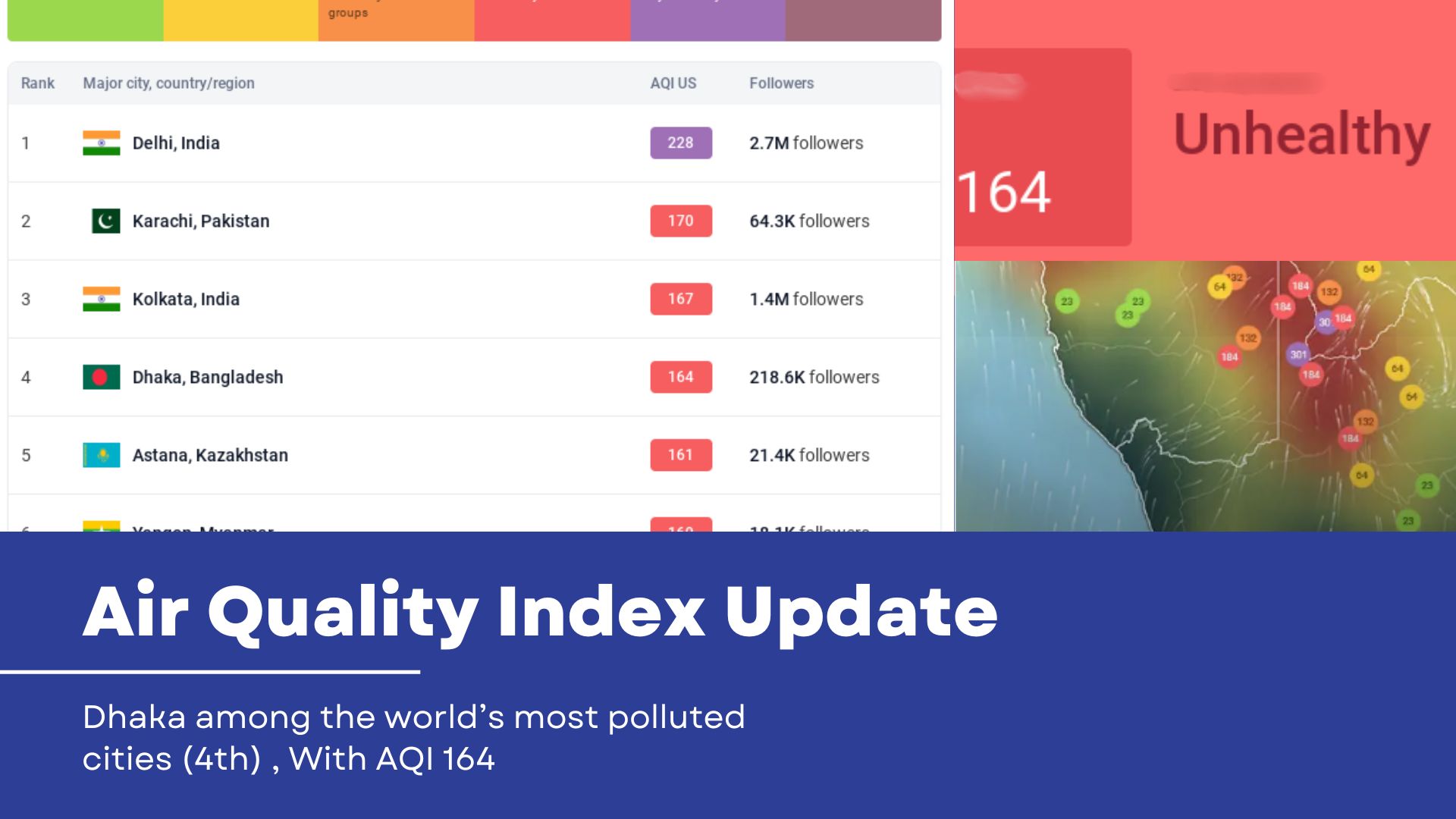
The WHO warns that air pollution is a major threat to public health, as it causes nearly seven million deaths every year, mainly due to increased mortality from lung cancer, heart disease, stroke, acute respiratory infections, and chronic obstructive pulmonary disease. The WHO urges the governments and the public to take urgent actions to reduce air pollution and protect the environment and human health.



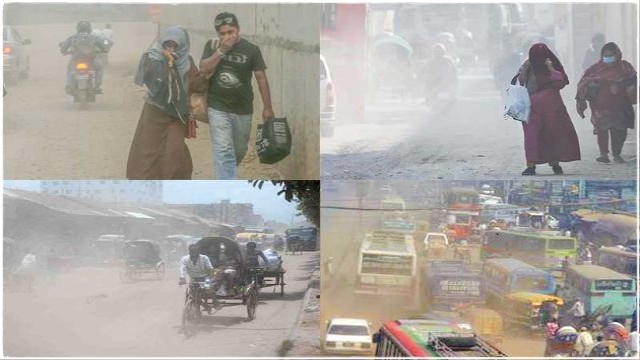

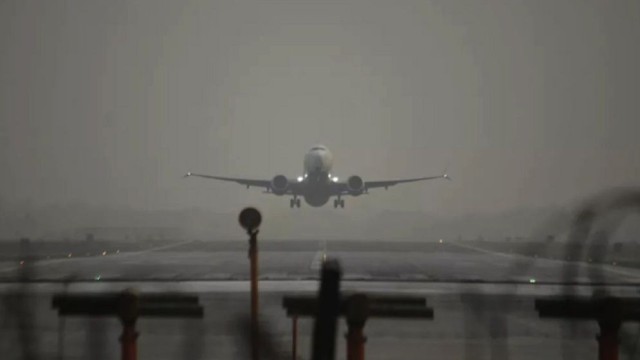
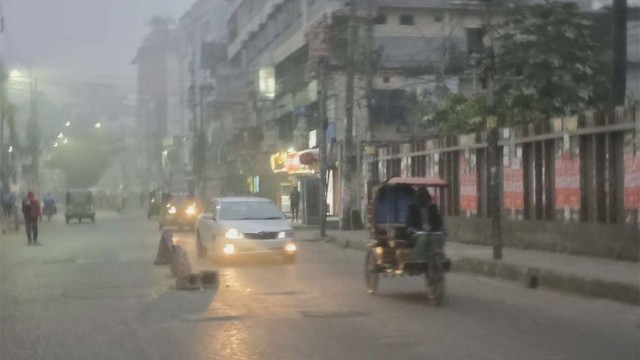
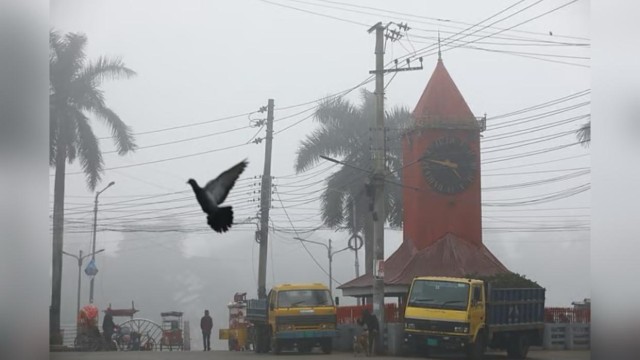
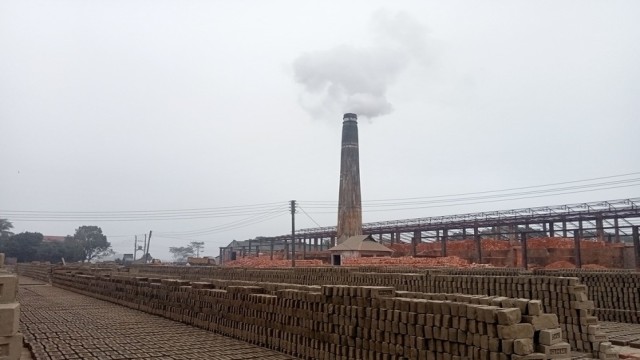
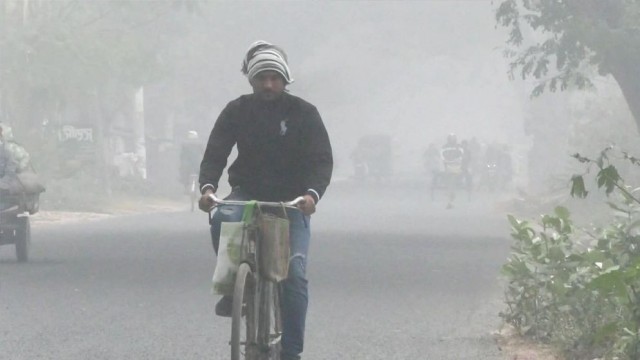


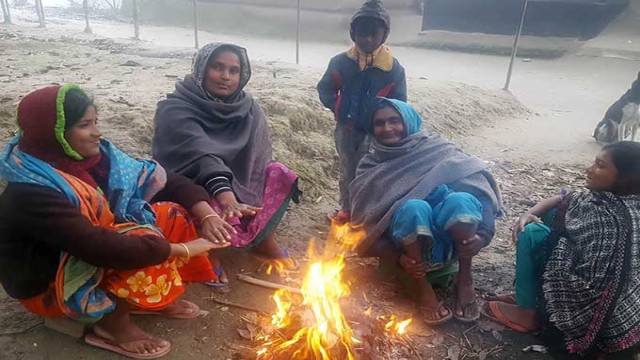








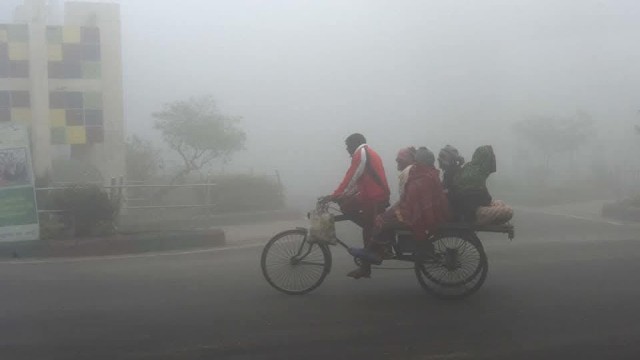
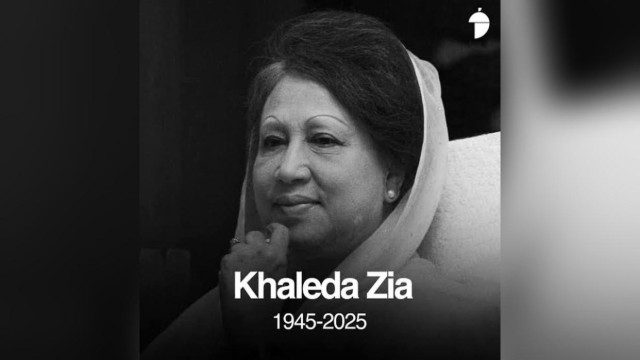




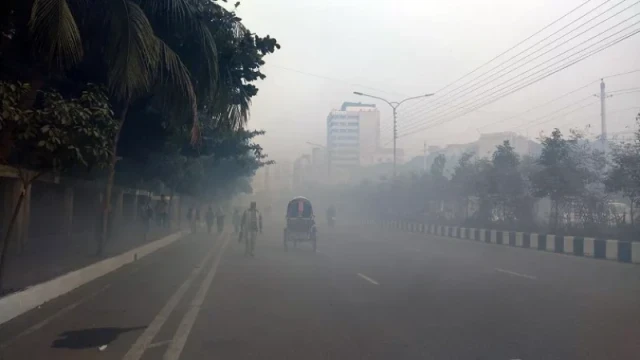
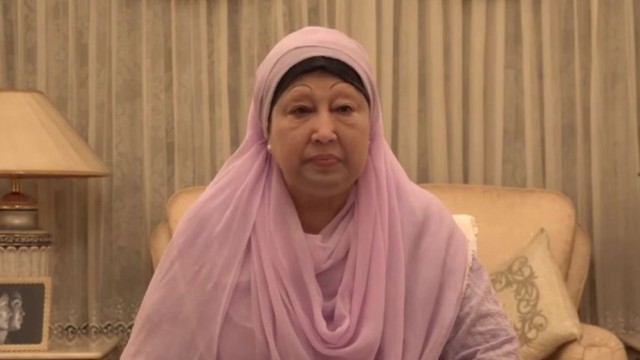
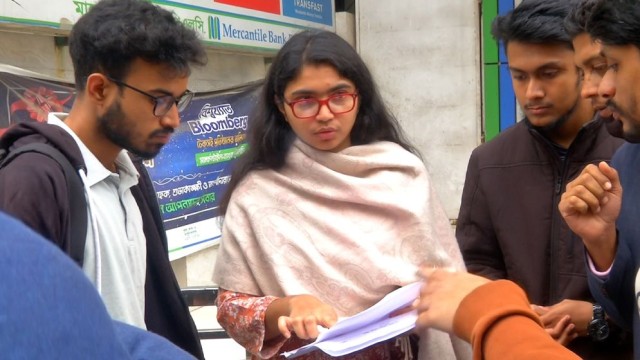

Comment: